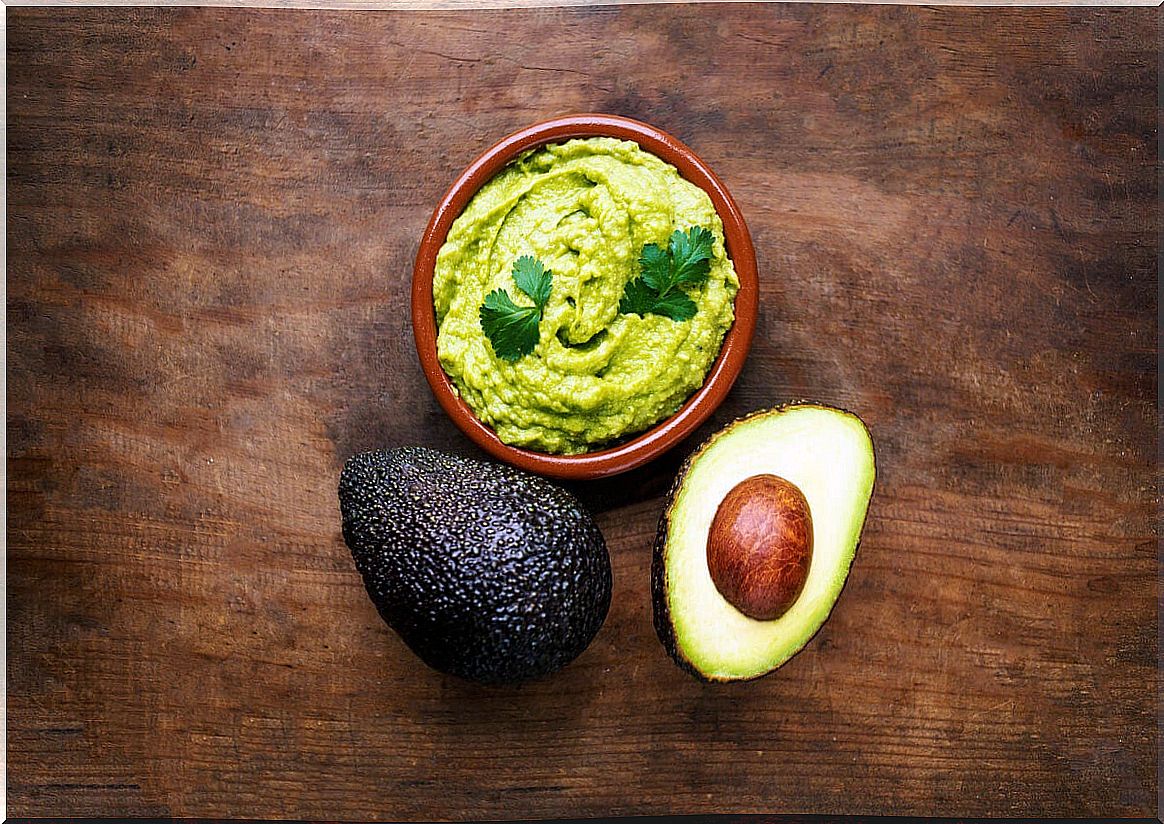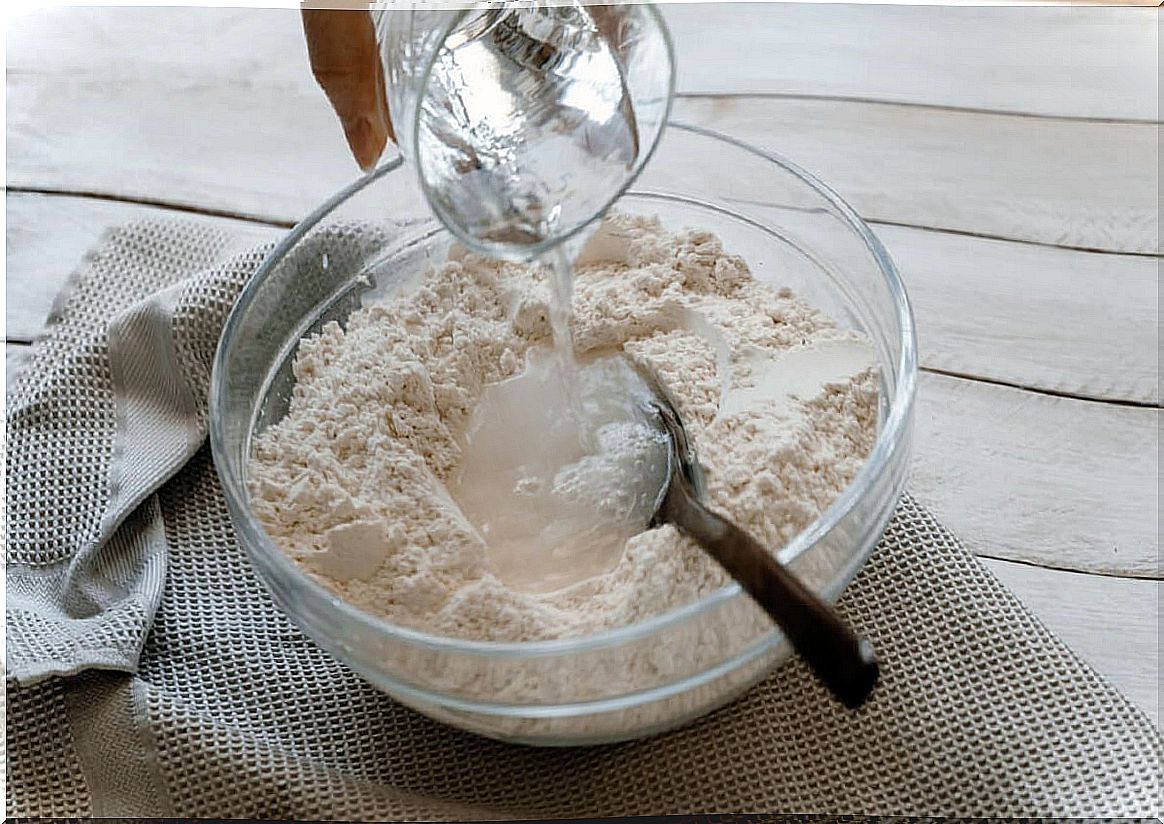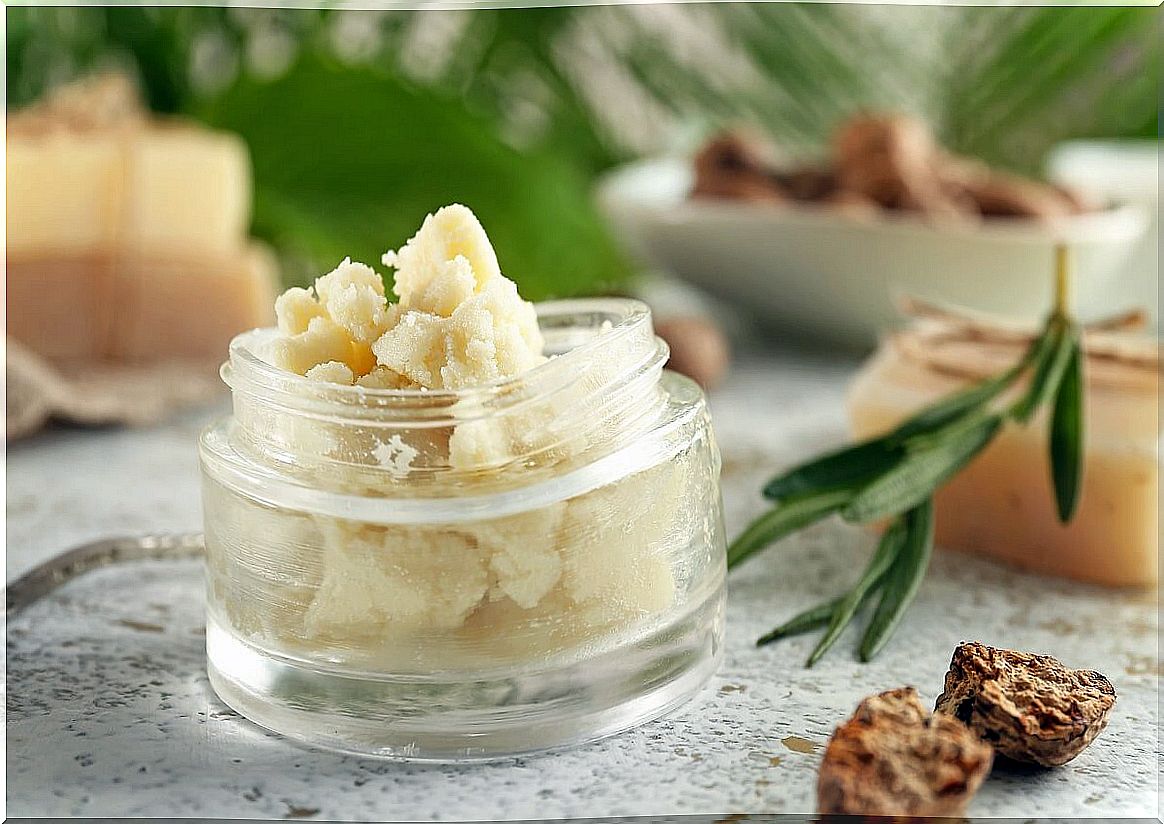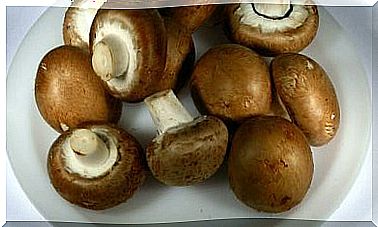10 Natural Moisturizers To Use In Summer
When the temperature increases, the skin tends to become dry or erythematous. Fortunately, there are some natural moisturizers that help reduce these symptoms during the summer. In fact, you don’t have to wait until you’re dehydrated to start using them.
The application of these, added to self-care measures, mitigates the impact of UV rays and reduces the appearance of premature signs of aging. In addition, it provides nutrients that help maintain healthier skin. Do you dare to try them? Take note!
Natural moisturizers for the skin
When humidity drops, for example during the summer, skin care should be strengthened. According to the American Academy of Dermatology , it is necessary to ensure optimal hydration to avoid signs such as flaking, itching and irritation.
Although there are many products on the market that fulfill this purpose, there are also certain ingredients of natural origin that allow to complement it. Its external application is recommended, especially after having been exposed to the sun.
1. Avocado
Avocado is one of the most recommended moisturizing products to take care of the skin naturally in summer. Contains fatty acids that give it potential as a moisturizer on all skin types. In particular, its oleic acid content helps to remove dead skin cells.
It also provides vitamin E, a nutrient that revitalizes cells and mitigates the impact of free radicals. According to an update from the Chilean Nutrition Magazine , it is an ideal fruit to reduce oxidation processes. In addition, it contains fiber, vitamins and proteins that improve skin health.

2. Rose water
Without a doubt, it is one of the most recommended natural astringents to complement the beauty routine. Its soft composition is suitable for all skin types; In addition, it is ideal for refreshing the skin during the summer.
A study published in 2011 by the Iranian Journal of Basic Medical Sciences , details the properties of this plant, among which its potential as an antioxidant stands out. It also contains light doses of vitamin C, which would be useful to synthesize collagen and help prevent skin aging.
3. Chamomile
As detailed in the BMC notes review , chamomile has anti-inflammatory, antioxidant, antiallergic, and antimicrobial properties. Contributes to skin care by toning, smoothing, cleansing and restoring its pH. Its uses include the following:
- Rosacea.
- Irritations caused by creams.
- First degree burns.
- Telangiectasis.
In those conditions in which the skin is inflamed for some reason, chamomile helps by reducing swelling in a notorious way, due to its cooling and anti-inflammatory power.
4. Oatmeal water
Oats have several benefits for the skin, in addition to providing fibers, minerals and vitamins for the body. Provides nutrients that help maintain hydration and firm the epidermis.
An article in the Indian Journal of Dermatology, Venereology and Leprology states that it has antioxidant and anti-inflammatory properties that benefit skin health. In particular, it is useful for the following:
- Acneciform eruptions.
- Atopic dermatitis.
- Viral infections
- Pruritus.
The proteins in oats keep the natural barrier of the epidermis intact and collaborate in the leveling of the PH values of the skin. Because of this, it is one of the best natural moisturizers for summer.

Read also: Do you have dry skin? Try these homemade scrubs
5. Aloe vera
In the list of natural moisturizers to take care of the skin in summer, the gel contained in the aloe vera leaf is one of the favorites. Due to its content of lupeol, salicylic acid, cinnamic acid, sulfur and phenols, it acts as a natural antiseptic and protects against possible infections.
Through a publication in the Indian Journal of Dermatology, it is stated that this ingredient has a protective effect against the damage caused by ultraviolet rays. Specifically, it contributes to the retention of moisture and the generation of collagen and elastin.
6. Almond oil
Studies carried out by the journal Cosmetic Dermatology conclude that almond oil is capable of preventing the structural damage that is caused by ultraviolet rays. It was also found to serve as an adjuvant to slow down the aging process. Among its benefits are the following:
- Revitalizing and softening.
- Moisturizing.
- Anti-inflammatory.
- Protective against UV rays.
7. Rosehip
It contains substances, such as tannins, vitamin C, beta-carotene and trans-retinoic acid that make it an ideal ally to keep the skin hydrated and protected against sudden changes in temperature such as summer. Some of the benefits attributed to it include:
- Reduction of the appearance of fine lines.
- Scar reduction.
- Greater moisture.
- Reduction of inflammation.
- Unification of skin tone.
8. Shea butter
The omega 3 and omega 6 fatty acids in shea butter act as natural moisturizers when applied to the skin; Due to this, it can be used during the summer to avoid dryness.
The American Academy of Dermatology suggests that this ingredient provides moisture, elasticity, and nutrition to the dermis. In turn, it mitigates the negative effects of the weather and ultraviolet rays.

You may be interested: Shea: discover this miracle butter
9. Argan oil
Argan oil stands out among these natural summer moisturizers as it provides moisture and smoothness to the skin. In a study published in the International Journal of Nanomedicine in 2014, it details that this product provides vitamins A and E, fatty acids and antioxidant compounds that protect the skin against aggressions.
10. Vaseline
Another product recommended by the American Academy of Dermatology to naturally moisturize the skin is petroleum jelly. In small amounts, it is ideal for moisturizing dry or damaged skin. It can even be applied as a lip balm.
What to remember about natural moisturizers for summer?
Natural moisturizers for use in summer can be helpful in moisturizing the skin and alleviating symptoms caused by high temperatures. However, they are not a substitute for dermatologically tested products.
It is necessary to complement its use with creams adapted to each type of skin and, above all, sunscreen. In case of presenting any skin condition, it is best to consult a dermatologist before applying these products.









